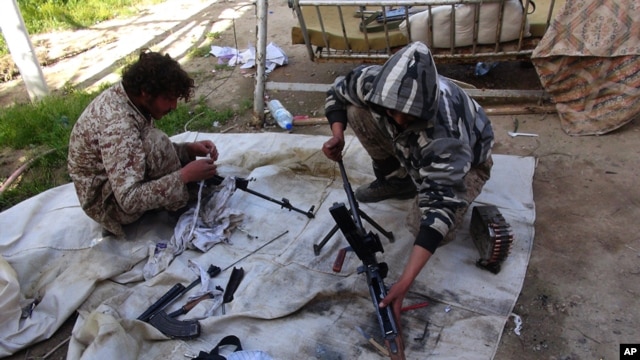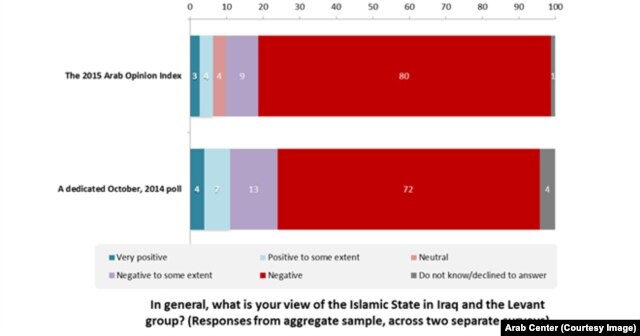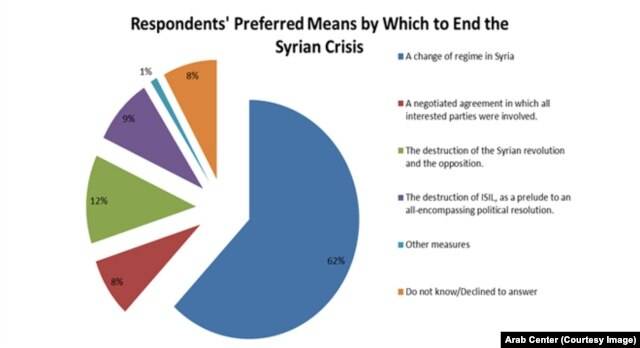Are we do not live in an insane world?Ukrainian 'Christians' fight together with ISIS against Russians in Syria?
Merkel and Obama have created and highly supported Azov Nazis who desire to fight for Islam now.
While Russia, France and other countries are trying to build an international anti-ISIL coalition, Ukraine’s Azov volunteer neo-Nazi battalion is eager to go down to Syria and fight against the Russian military, one of the leaders Andriy Biletsky told during a program on the TV Channel 112 Ukraina.
Read more: Ukraine’s Azov Battalion Wants to Fight Russians in Syria
Merkel and Obama have created and highly supported Azov Nazis who desire to fight for Islam now.
While Russia, France and other countries are trying to build an international anti-ISIL coalition, Ukraine’s Azov volunteer neo-Nazi battalion is eager to go down to Syria and fight against the Russian military, one of the leaders Andriy Biletsky told during a program on the TV Channel 112 Ukraina.
Read more: Ukraine’s Azov Battalion Wants to Fight Russians in Syria




